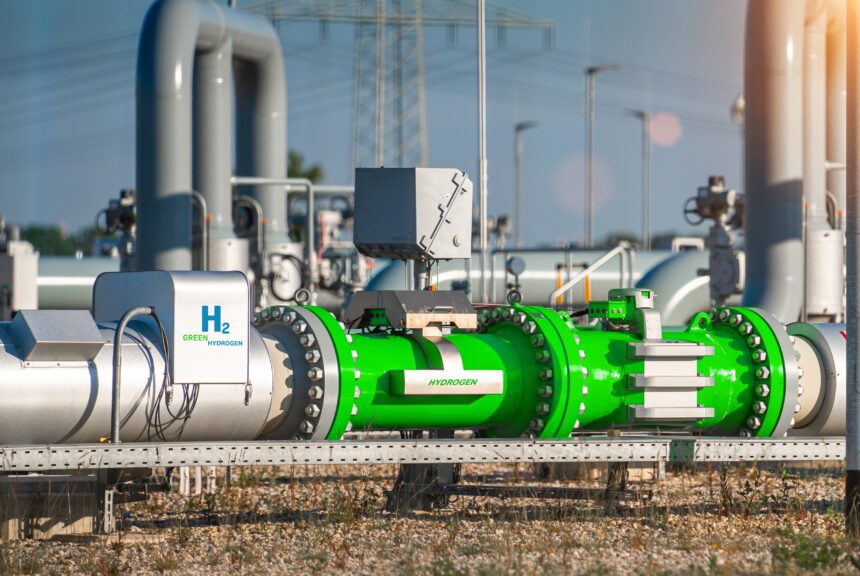Staff Blog
Filters
The price of green hydrogen: How and why we estimate future production costs
With green hydrogen in its infancy, production cost estimates guide our understanding of where it can become a cost-effective solution.

Net-zero aviation: How it started and how it’s going
Assesses the current state of government and industry actions to achieve net-zero aviation.

Cutting CO2 emissions through policies that promote alternatives to driving in cities
Emphasizes how transitioning to zero-emission vehicles and providing urban dwellers with a diversity of alternatives to cars in cities around the world can combine to significantly cut CO2 emissions.

Taxing aviation for loss and damage caused by climate change
Levying taxes on airplane tickets could help provide a stable source of revenue for a new Loss and Damage Fund, which has been created to aid climate-vulnerable nations dealing with global warming effects.

Aligning the IMO’s Greenhouse Gas Fuel Standard with its GHG strategy and the Paris Agreement
Explores how the GHG Fuel Standard (GFS) can be designed to align with the International Maritime Organization’s (IMO) GHG strategy and the Paris Agreement.

Without more action, LNG could pull international shipping off its decarbonization course
Regulating the life-cycle greenhouse gas (GHG) emissions intensity of marine fuels is crucial amidst the rise of LNG-fueled ships.

Improving economics strengthen the case for ambitious EV policies to achieve Paris commitments
Three recent reports highlight the need for more policy action to put road transport emissions on a pathway compatible with Paris Agreement goals.

Opportunity NOx: How to fix the IMO’s backwards air pollution regulation
New research by the ICCT reveals that ships with newer Tier II engines emit more nitrogen oxides (NOx) than ships with older Tier I engines, highlighting the need for stricter emissions standards and testing methods in the maritime sector.

Which automakers are keeping the ZEV momentum strong?
This blog discusses top automakers’ progress in setting zero-emission vehicle (ZEV) targets through September 2023, highlights notable commitments, and compares their ambition across different regions.

Under the hood: Some automakers are surprising in the EV race
In the high-stakes race away from conventional internal combustion engine vehicles and toward a zero-tailpipe-emissions future, the traditional hierarchies among light-duty vehicle (LDV) manufacturers are ripe for reshuffling.

IMO’s newly revised GHG strategy: What it means for shipping and the Paris Agreement
The 2023 strategy contains big improvements, including a net-zero date around 2050 and interim emissions reduction targets for 2030 and 2040.

Fair fares for the climate
Airlines already have the pricing strategies they need to help fund net-zero targets in an equitable way.

